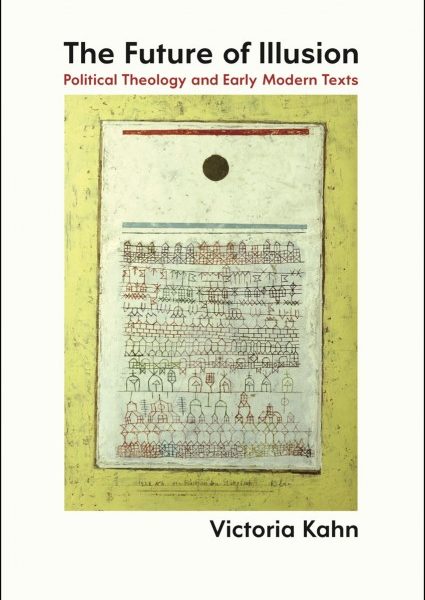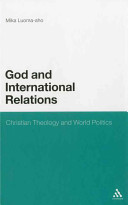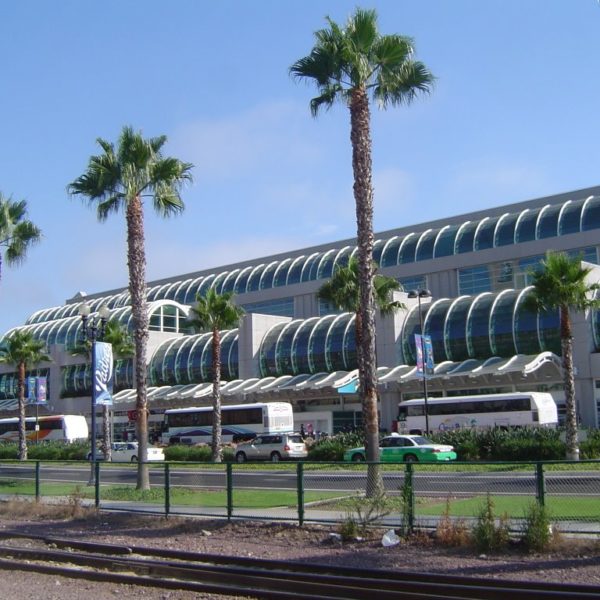
Within Christian traditions, one may be met with this provocative question: does “political theology” or “social ethics” sponsor liberative practices oriented towards human flourishing? Interestingly, the framing of this question requires one to choose a side. One must argue that either political theology or social ethics is poised to address the myriad theo-ethical issues we face, particularly issues of difference, pluralism, and alterity. I believe that this is a false framing of the question.
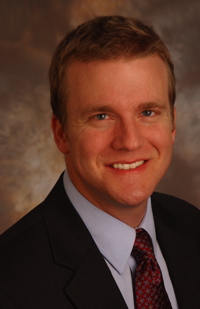
One of the most important tasks for political theologians today is the cultivation of capacities for democratic reasoning about exceptions to the rule of law. The task is important because liberal societies face – or at least believe they face – a number of threats that seem to require exceptional measures in response. The pressure to make exceptions grows stronger, even as we find ourselves with fewer and weaker resources for thinking about them.
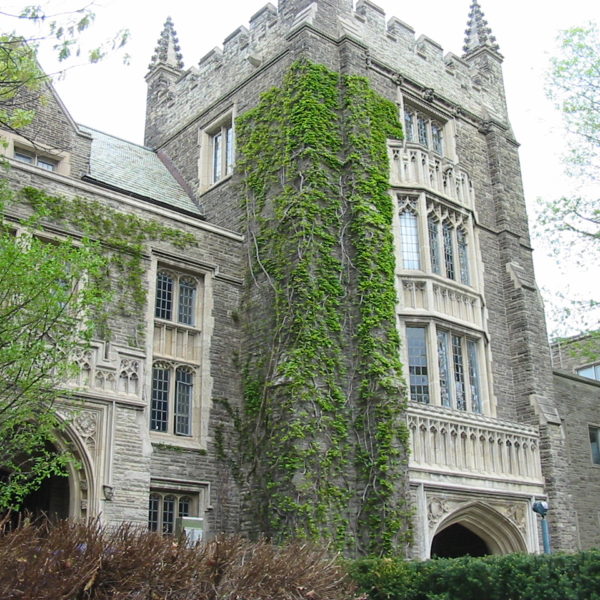
In the academic setting of Religious Studies, developing curricular spaces in which to thematize the relationship of religion and politics is a highly effective way both to engage undergraduate students, and to tap into and develop the research interests of graduate students. Over the past several years, I have developed courses at both levels in this area.
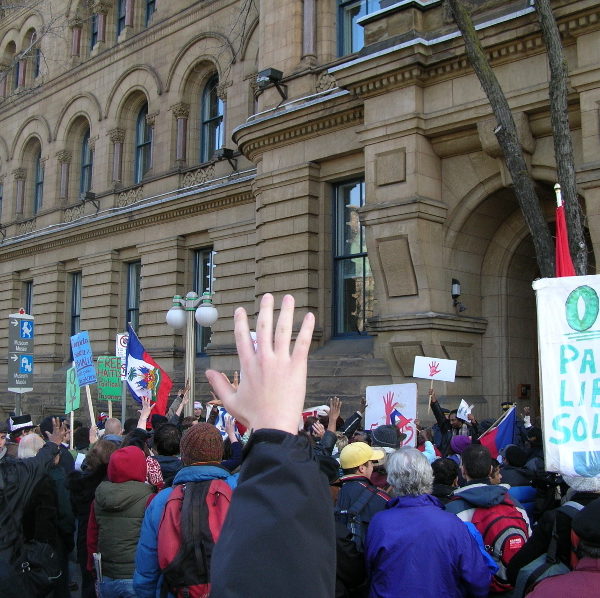
. . . As you can tell from the course description, I even started the course by asking, in effect, “Why are people using this term?” I’m still not sure that I know the answer to that question almost five years later. In teaching the course, the question of the academic worth of the material was at the forefront of discussions during the entire semester. “What was wrong with liberalism again?” was a question that, sometime around week six, took on full zombie status: it would just not die.
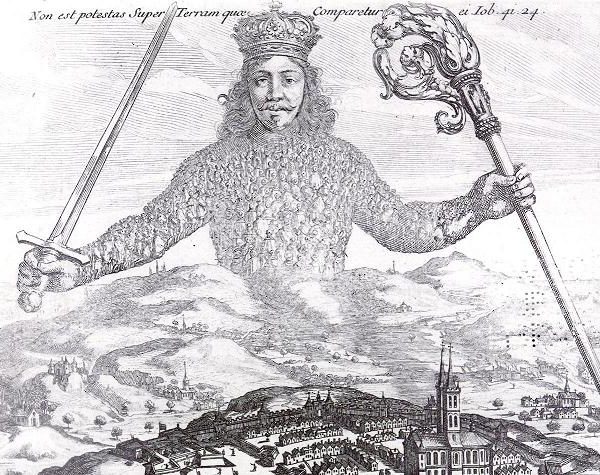
. . . We begin with a first dip into the conceptual issues (the issues of political form, legitimacy, cosmic analogy, acclamations, secularization) by reading the third chapter of Schmitt’s Political Theology. Then we move on to show that grounding “political form” (Schmitt) by embedding it into a cosmic structure has been an issue at least from the Hellenistic period (if not before).
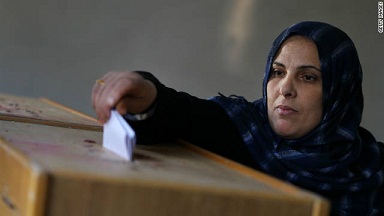
The revival of interest in political theology at the turn of the millennium began with Islam, then moved to Christianity. In the wake of September 11, 2001, it became clear that not all religion was fading away, nor was all religion confined to the private sphere. The evidence: radical Islam. But the obvious risk of Islamophobia that accompanied a focus on Islam as anomalously growing and anomalously public prompted some scholars to explore how Christianity itself was neither fading away nor thoroughly privatized. Instead of focusing on Islam as anomaly, political theology provided a framework for complicating the West’s story of itself, for probing the complex and continuing relations between religious and political ideas.

What brought Strauss into conversation with Schmitt was their mutual disillusionment not just with the political liberalism of the Weimar Republic but with post-Enlightenment liberalism in general. For theoretical solutions on how to ground political authority in something more substantial than Enlightenment rationalism, they both turned to aspects of pre-modern traditionalism – for Schmitt, an authoritarian Catholic political theology, for Strauss the recovery of ancient political philosophy and its medieval transmitters. On the practical plane, they both thought that parliamentary democracy was utterly unequipped to cope with the various crises afflicting postwar Europe. As a Jew, however, Strauss had no chance of signing on with the various authoritarian options on offer during the 1930s, since they invariably included anti-Semitism as part of their program and ideology. Both men shared ambivalent relations with their respective religious traditions and have even been suspected of covert atheism. In the end, Schmitt’s Catholicism, however episodic and selective, seems to have been more integral to his thinking than Strauss’ ancestral Judaism was to his.

The Weimar Moment: Liberalism, Political Theology, and Law, edited by Leonard V. Kaplan and Rudy Koshar, is a set of papers from a conference held at UW-Madison in the fall of 2008 (Lexington Books, 2012). Many of the papers will be of direct interest to readers, most notably perhaps the set dealing with Karl Barth. Here I want to point out some of the more important observations and analyses that surfaced during the discussions (full disclosure: I attended and have a paper in the proceedings).
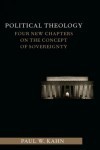
In my prior posting, I was concerned with elaborating the disciplinary position from which I take up the project of political theology. It is a part of the secular study of our political practices and beliefs. Accepting these limits, I placed myself within the same modernist tradition as liberal political theory.
There is a deeper point to be made about the symmetry between theory and practice in the modern age. Liberal political theory is committed to the idea that an adequate account must be one that is fully transparent to reason. Theory is to be built through discrete, rational steps from common premises that purport to be universal. Accordingly, it is hostile to any privileged claims made on the basis of a particular faith, including claims for the existence of God or a natural order. In a parallel fashion, the modern, political order is to be autochthonous. It is to rest on nothing outside of itself. This is not a claim about history, which knows no beginnings; rather, it describes a secular understanding of the origin and ground of the state. This is an important idea, for example, in the decolonization movement: a post-colonial state can create itself through an original founding act. It need not express a pre-existing national or ethnic identity.
